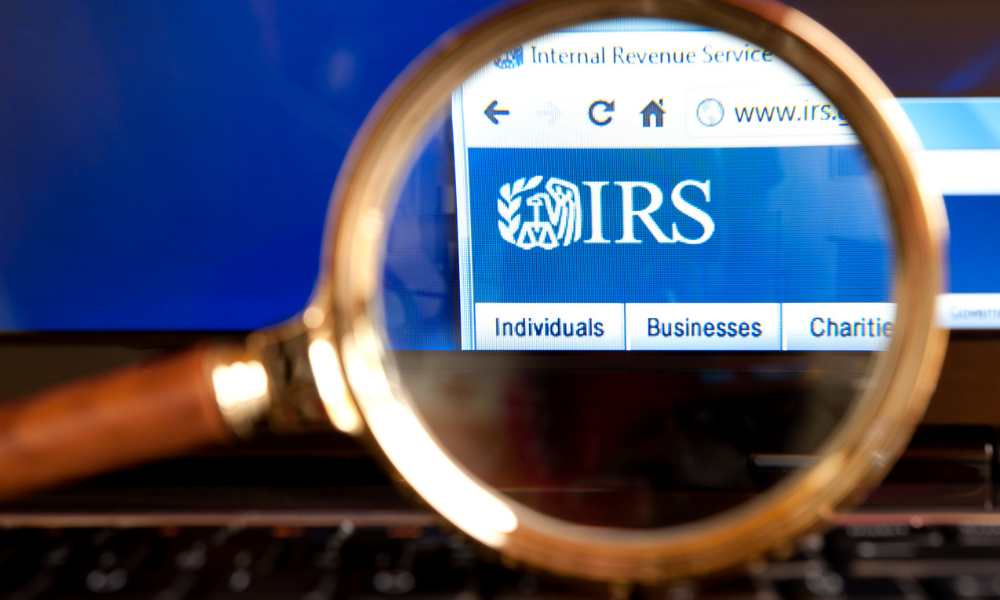

The IRS plans to hire 3,700 employees to help fuel its efforts to target large corporations and complex partnerships.
Democrats’ Inflation Reduction Act set aside tens of billions of dollars to allow the IRS to intensify its enforcement of tax cheats. The Friday announcement followed agency news last week that it would open examinations for 75 of the largest US partnerships by the end of September.
The new positions, which will be open in more than 250 locations, will help ramp up the IRS compliance efforts against high-income earners, partnerships, large corporations, and promoters, the IRS said in a press release.
“This next wave of hiring will help the IRS add key talent like tax accountants to help reverse a decade-long decline of audits for the wealthy as well as complex partnerships and corporations,” IRS commissioner Danny Werfel said in the release.
The agency is looking for specialized technical positions that focus on audits, the release said.
In August, Werfel said the IRS was approaching its milestone of increasing its workforce to 90,000 full-time equivalent employees as it battles hiring new employees and attrition.
The recent hiring announcement comes at a time where Werfel is pressing Congress to not make future budget cuts as Republican lawmakers threaten to cut the IRS the agency’s annual appropriation.

Firms announce new recruits including wirehouse breakaways.

"QuantumRisk, by design, recognizes that these so-called “impossible” events actually happen, and it accounts for them in a way that advisors can see and plan for," Dr. Ron Piccinini told InvestmentNews.

Advisors who invest time and energy on vital projects for their practice could still be missing growth opportunities – unless they get serious about client-facing activities.

The policy research institution calculates thousands in tax cuts for Washington, Wyoming, and Massachusetts residents on average, with milder reductions for those dwelling in wealth hotspots.

Yieldstreet real estate funds turned out to be far riskier than some clients believed them to be, according to CNBC.
Orion's Tom Wilson on delivering coordinated, high-touch service in a world where returns alone no longer set you apart.
Barely a decade old, registered index-linked annuities have quickly surged in popularity, thanks to their unique blend of protection and growth potential—an appealing option for investors looking to chart a steadier course through today's choppy market waters, says Myles Lambert, Brighthouse Financial.
